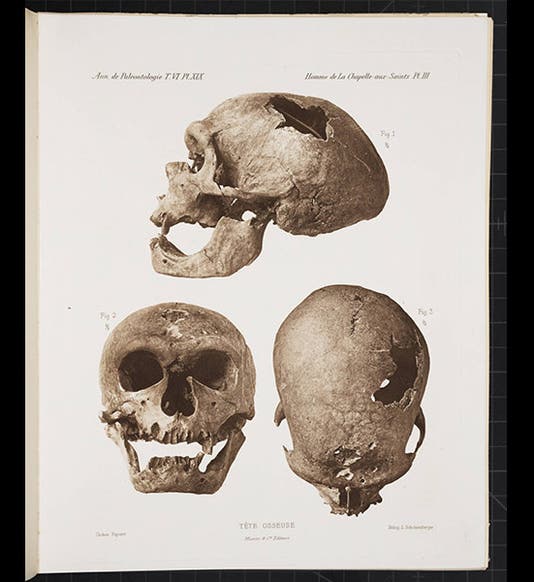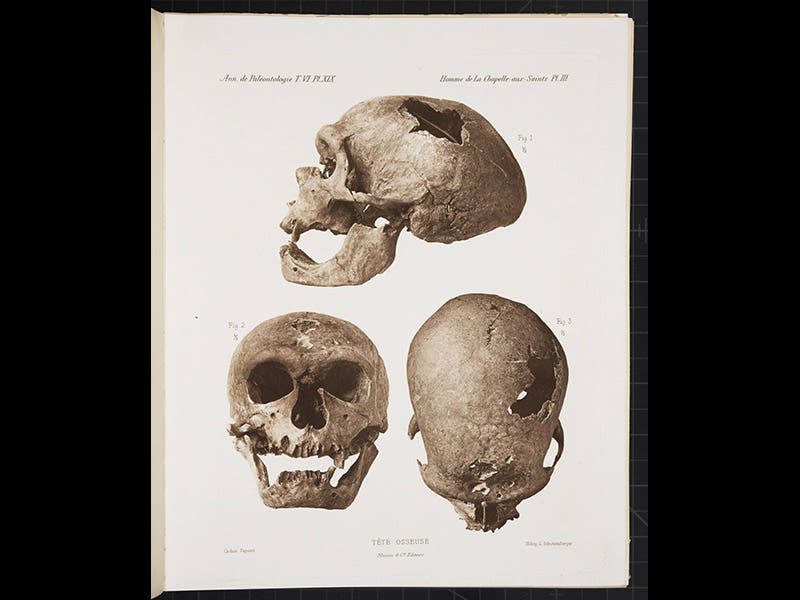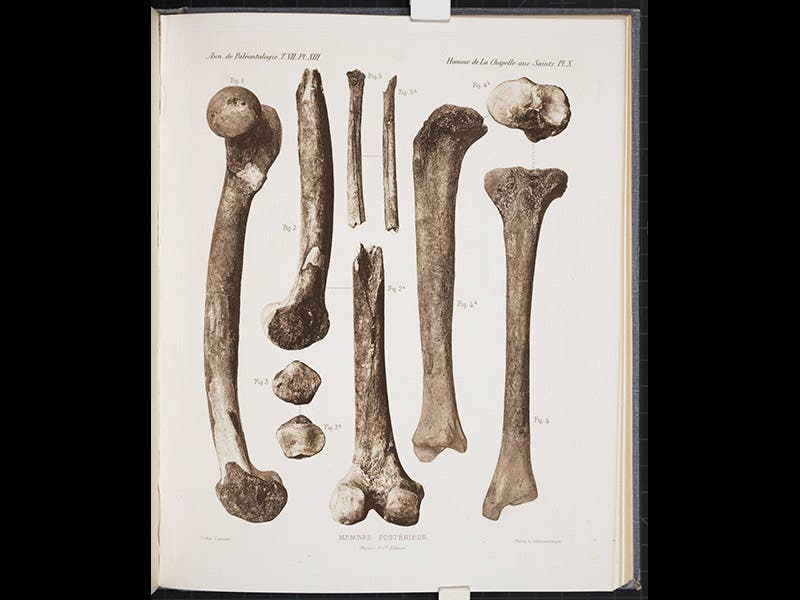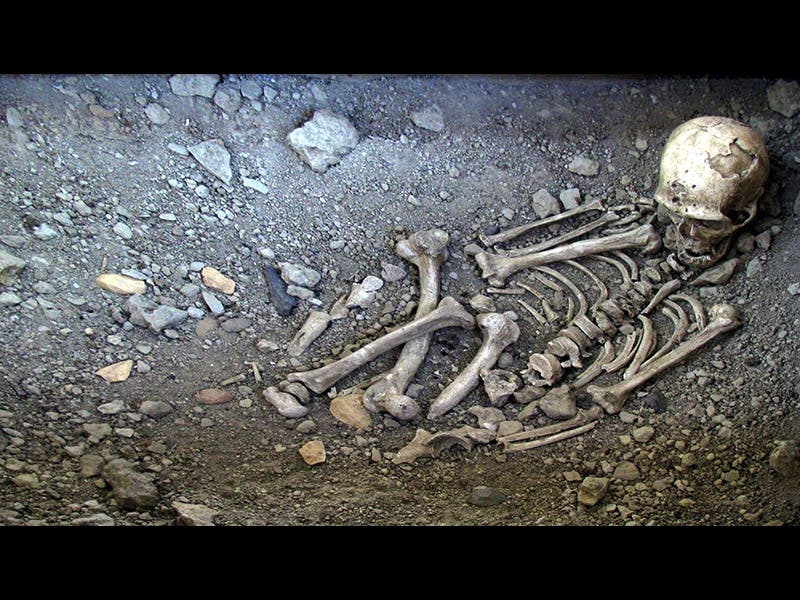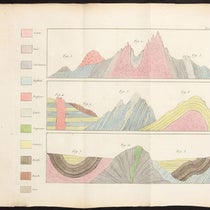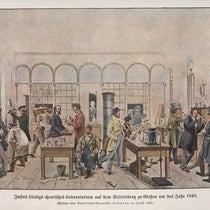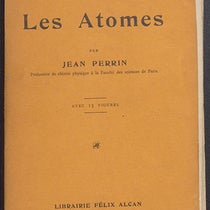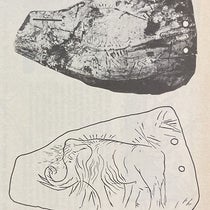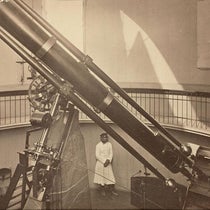Scientist of the Day - Marcellin Boule
Marcellin Boule, a French anthropologist, was born Jan. 1, 1861. Boule was director of the Institute of Human Paleontology in Paris, and when a human-like skeleton was discovered in 1908 in the cave of La Chapelle-aux-Saints in southwestern France, it was turned over to Boule. The skeleton was not that of an early modern human, or “Cro-Magnon” as they were then called, but was similar in structure to a pre-human type that was first found in the Neander Valley of Germany in 1856. Several other “Neanderthals” had been found in the interim, at Gibraltar and at Spy in Belgium, but these specimens consisted of skulls only.
The “Old Man of La Chapelle-aux-Saints,” as Boule called the new find, came not only with a full skeleton, but a complete tool-kit. The tools found with the Old Man were similar to those already unearthed in the cave of Le Moustier, now called “Mousterian tools”, and differed from the fine blades and burins of Cro-Magnon. So it was evident to Boule that Neanderthals were not deformed humans, as many had argued, but a valid hominid type, with their own shared tool culture, and that they probably predated the Cro-Magnons.
In 1911-12, Boule announced his conclusions in a detailed monograph, “L’Homme fossile de La Chapelle-aux-Saints,” with lithographed plates of the remains of the Old Man of La Chapelle (see first and second images above) and his tools. We displayed this work in our 2012 exhibition, Blade and Bone: The Discovery of Human Antiquity.
If you visit the Museum of Neanderthal Man in La Chapelle-aux-Saints, you can see a reconstruction of the uncovered burial of the Old Man (third image above).
Dr. William B. Ashworth, Jr., Consultant for the History of Science, Linda Hall Library and Associate Professor, Department of History, University of Missouri-Kansas City

